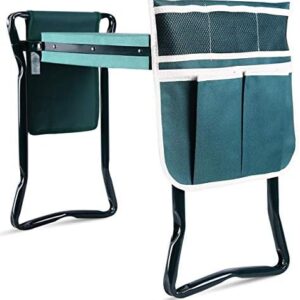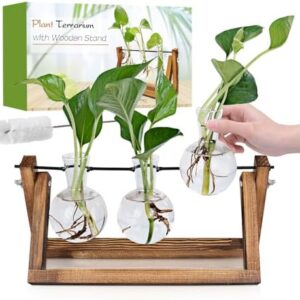Caring for a loved one can be a challenging and demanding task, but it can also be one of the most rewarding experiences. As a caregiver, you play a vital role in ensuring the health and well-being of your loved one. However, being a caregiver can often be overwhelming, and it can be difficult to know where to turn for support and resources.
That’s where the caregiver’s toolbox comes in. The caregiver’s toolbox is a collection of essential resources that can help you navigate the challenges of caring for a loved one. These resources can provide you with the information, support, and guidance you need to effectively care for your loved one and yourself.
One essential resource in the caregiver’s toolbox is information. Knowledge is power, and having access to information about your loved one’s condition can help you provide better care. Whether your loved one is dealing with a chronic illness, disability, or aging-related issues, it’s important to educate yourself about their condition and how it may impact their daily life.
There are many resources available to caregivers to help them understand their loved one’s condition. Websites, books, and support groups are all great sources of information that can provide valuable insights into the challenges your loved one may be facing. Additionally, talking to healthcare professionals, such as doctors, nurses, and social workers, can help you better understand your loved one’s condition and how to best care for them.
Another essential resource in the caregiver’s toolbox is support. Caring for a loved one can be isolating and emotionally draining, so it’s important to seek out support from others who understand what you’re going through. Support groups, both online and in-person, can provide you with a network of people who can offer encouragement, empathy, and practical advice.
In addition to support groups, respite care can also be a valuable resource for caregivers. Respite care services provide temporary relief for caregivers by allowing them to take a break from their caregiving responsibilities. This can help prevent burnout and allow caregivers to recharge and take care of themselves, which is essential for providing effective care to their loved one.
Self-care is another important resource in the caregiver’s toolbox. It’s easy to neglect your own needs when you’re focused on caring for someone else, but taking care of yourself is crucial for maintaining your physical, emotional, and mental well-being. Make time for activities that you enjoy, such as exercise, hobbies, or spending time with friends and family.
Setting boundaries is also important for caregivers. It’s okay to say no to additional responsibilities or to ask for help when you need it. Remember, you can’t pour from an empty cup, so taking care of yourself is essential for being able to care for your loved one effectively.
Lastly, communication is a key resource in the caregiver’s toolbox. Open and honest communication with your loved one, healthcare professionals, and other family members can help ensure that everyone is on the same page when it comes to your loved one’s care. Regularly discussing your loved one’s needs, preferences, and concerns can help you provide the best possible care for them.
In conclusion, being a caregiver is a challenging yet important role. By utilizing the resources in the caregiver’s toolbox, you can effectively care for your loved one while also taking care of yourself. Remember, you’re not alone in this journey, and there are many resources available to help you navigate the challenges of caregiving. Take advantage of these resources, and don’t be afraid to ask for help when you need it. Your loved one deserves the best care possible, and by taking care of yourself, you can ensure that you’re able to provide it.






